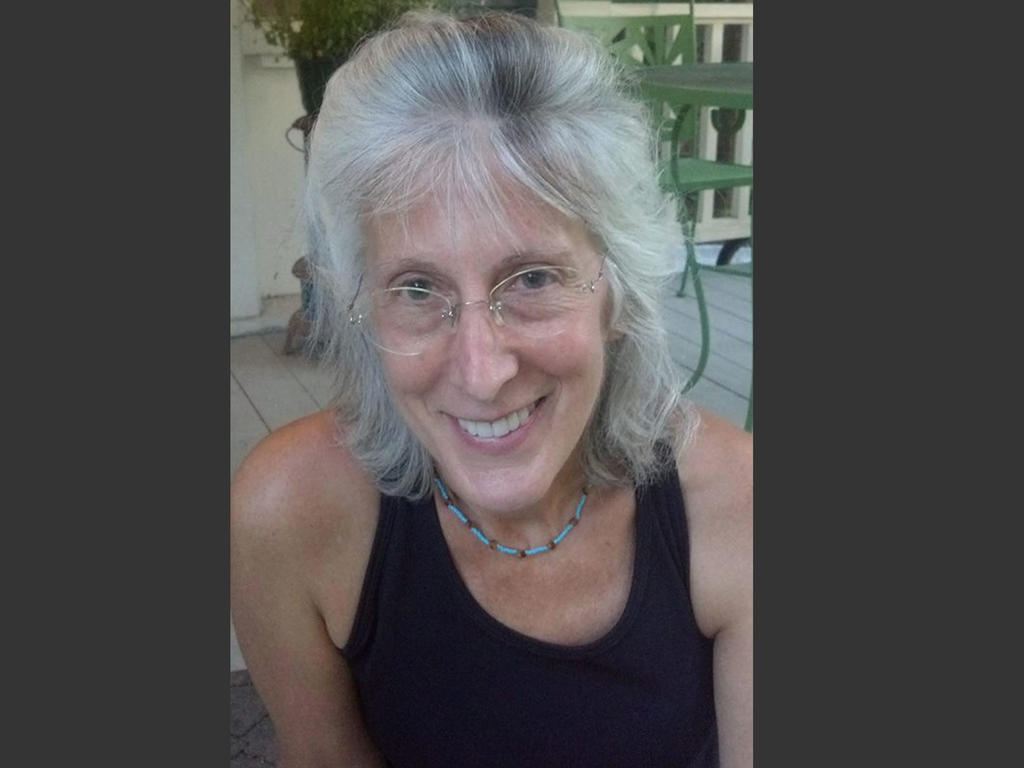Rhodes History Professor Dee Garceau produced and directed a documentary film about powwow dancing in the intermountain West, over a seven-year period from 2009 to 2016. Working with the Montana Blackfeet, the Pend D’Oreille Salish, and an intertribal drum based in Idaho Falls, Garceau spent time getting to know singers and dancers and filming their stories. Tribal elders helped her to place these performance traditions in historical context.
Garceau has signed a six-year licensing agreement with Montana Public Television to broadcast her documentary film “We Sing” beginning in June 2017, with rebroadcasts through 2023.
In the powwow world, Garceau discovered narratives of modernization and cultural persistence that ran counter to stereotype. Early 20th -century photographers like Edward S. Curtis had popularized a mythic view of American Indians as vanishing cultures, unsuited to modern life. Garceau says:
“What Curtis missed were the many ways Indian people met change with integrity and imagination—adapting and remembering, bringing their own tribal values forward in new ways. Adoption stories provide one example. During the fur trade, northwestern tribes strengthened kinship networks through adoptions and intermarriage. Kinship ties bridged cultures, enriched families, supported trade, and made peace with enemies. Today, adoptions resolve modern dilemmas, connecting adults who have been separated from their tribal identities to the powwow, through which they reclaim cultural practices. Gendered stories further dramatize innovation and cultural resilience. Powwows carry Indian identities through time and change, but they are like rivers cutting new channels when practices are contested. Should women sing at the drum? Which tribes allow it, which tribes do not? When and why are new gender norms pioneered? Trails of challenge and exception reveal the flexibility of cultures.”
Garceau adds, “ ‘We Sing’ is a quiet film, whose humor and drama are subtle. If you listen to the stories and hear the songs, a world of love and honor comes into focus.”
